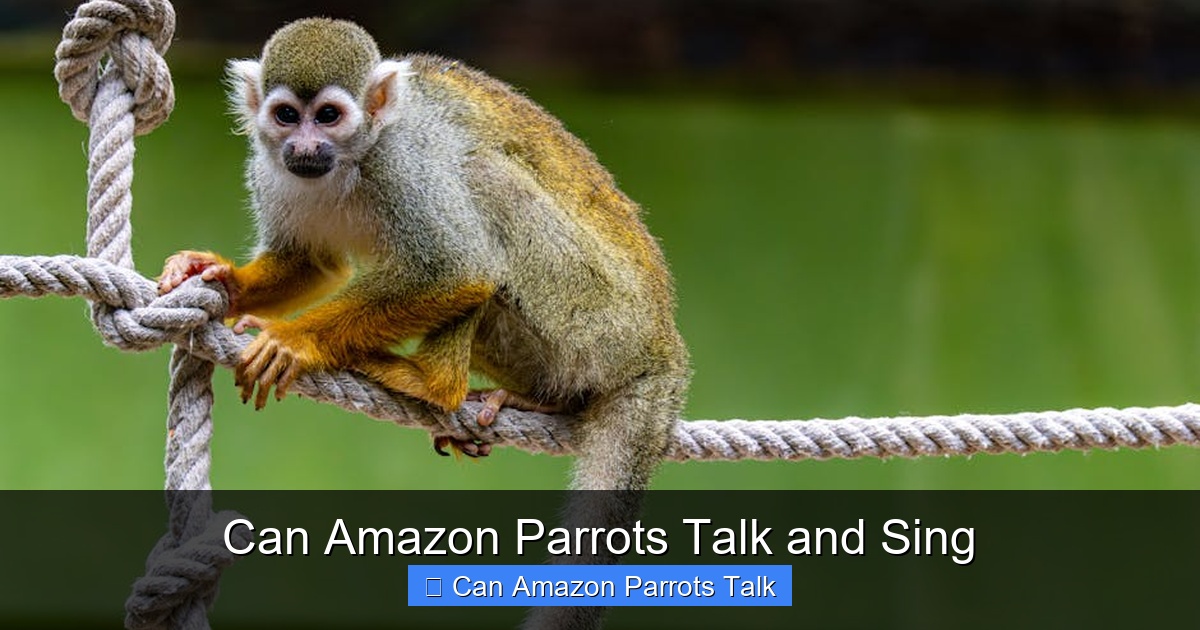
Featured image for this comprehensive guide about can amazon parrots talk
This is a comprehensive guide about can amazon parrots talk.
Frequently Asked Questions
What is can amazon parrots talk?
can amazon parrots talk is an important topic with many practical applications and benefits.
How can can amazon parrots talk help me?
Understanding can amazon parrots talk can improve your knowledge and provide practical solutions.
